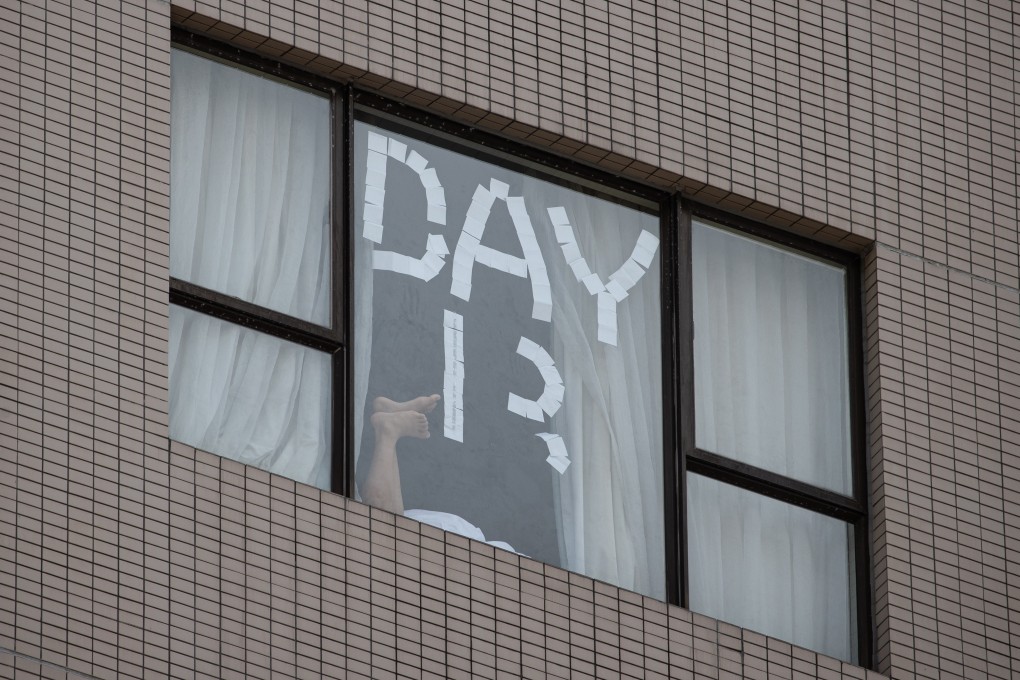Letters | Is Hong Kong’s 21-day quarantine worth the cost in the long term?
- Readers discuss the city’s lengthy quarantine requirements, the proposed ban on e-cigarettes, and air mail services to the UK

I have had my wedding postponed twice because my fiancé, who is British, is unable to enter Hong Kong, and we would lose the deposit we paid our Hong Kong wedding vendors if we cancelled. To say that the restrictions have had an emotional and psychological toll on me would be an understatement.
I have worked on the front lines at the height of the pandemic, as a medical doctor in Britain. I understand and have seen first-hand the risk that Covid-19 poses, and the harm it could cause. However, I am increasingly frustrated by the Hong Kong government’s decision to impose such draconian travel restrictions when they are not based on scientific evidence, and which are causing travellers and its population harm.
A longer quarantine is, unsurprisingly, associated with poorer mental health. Given the financial and psychological impact of quarantine, is 21 days of hotel quarantine for travellers really necessary?
The Hong Kong government should take into account the long-term consequences of its extreme travel restrictions and mandatory hotel quarantine, and base their implementation on scientific evidence.